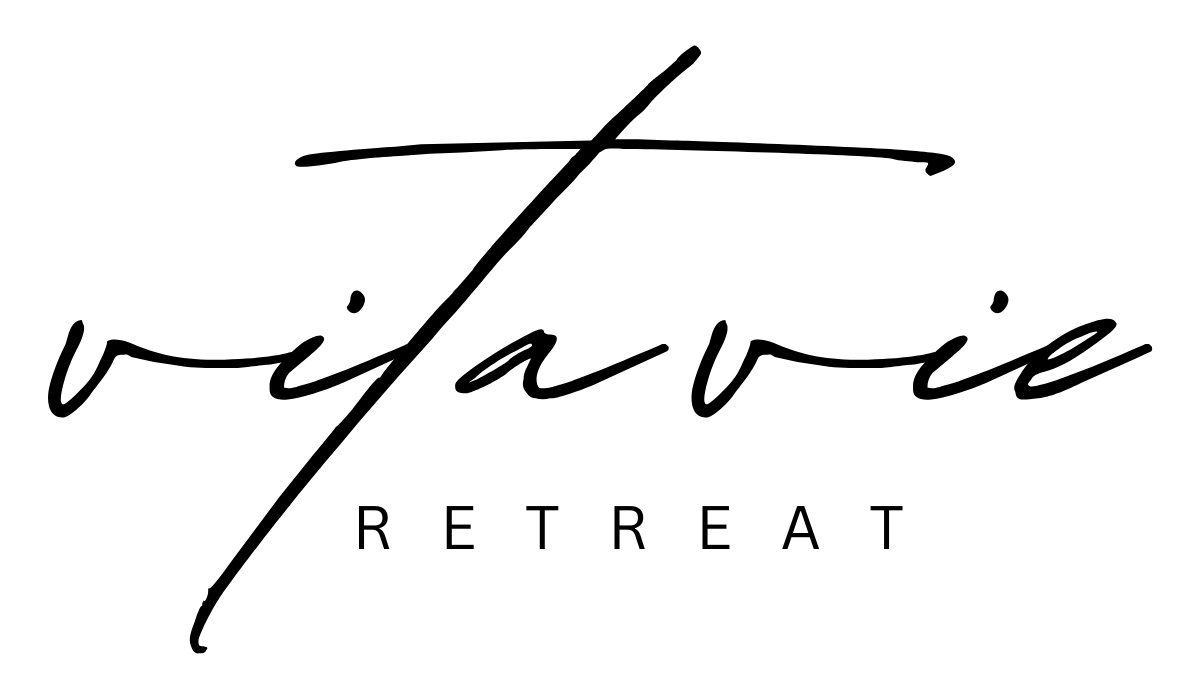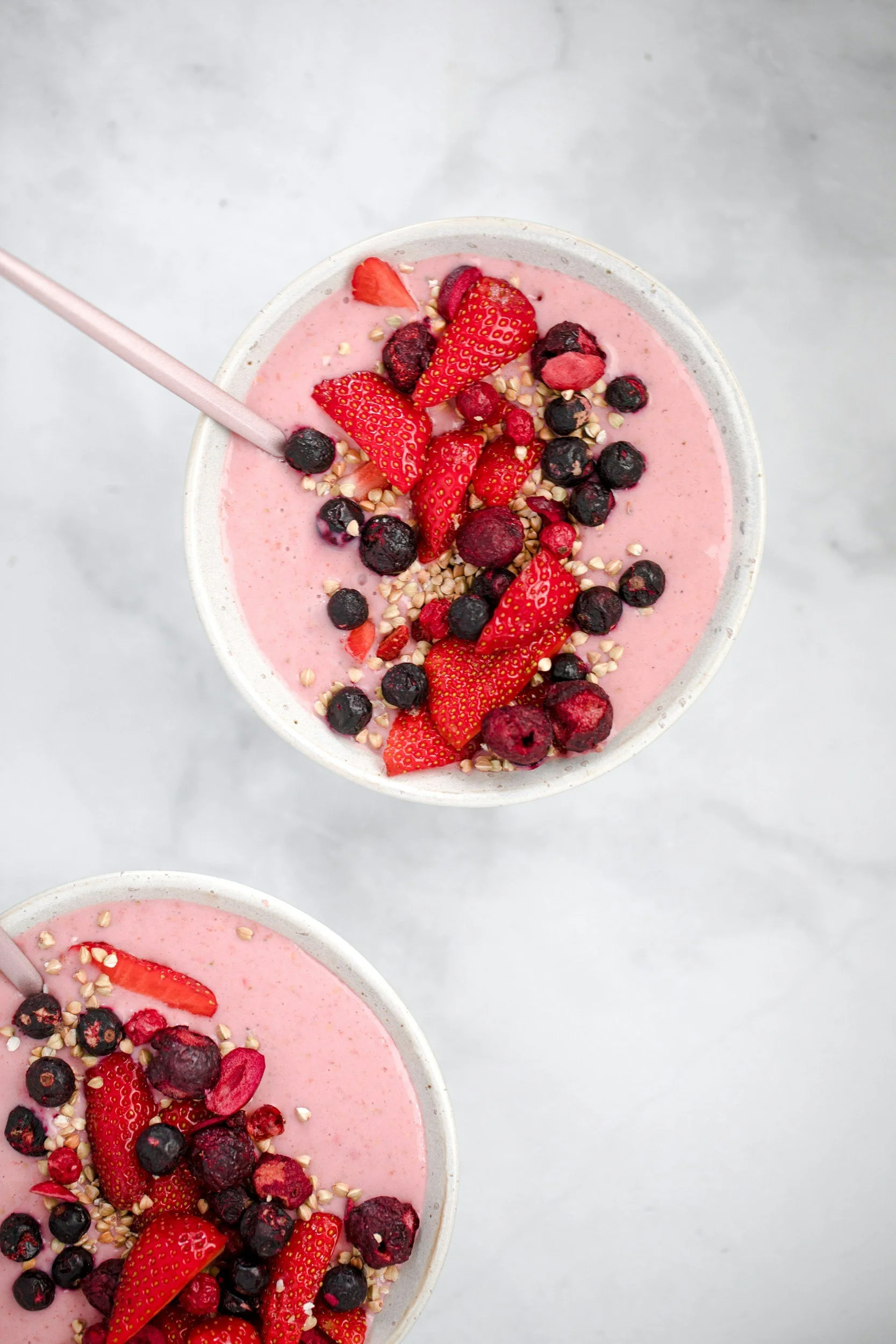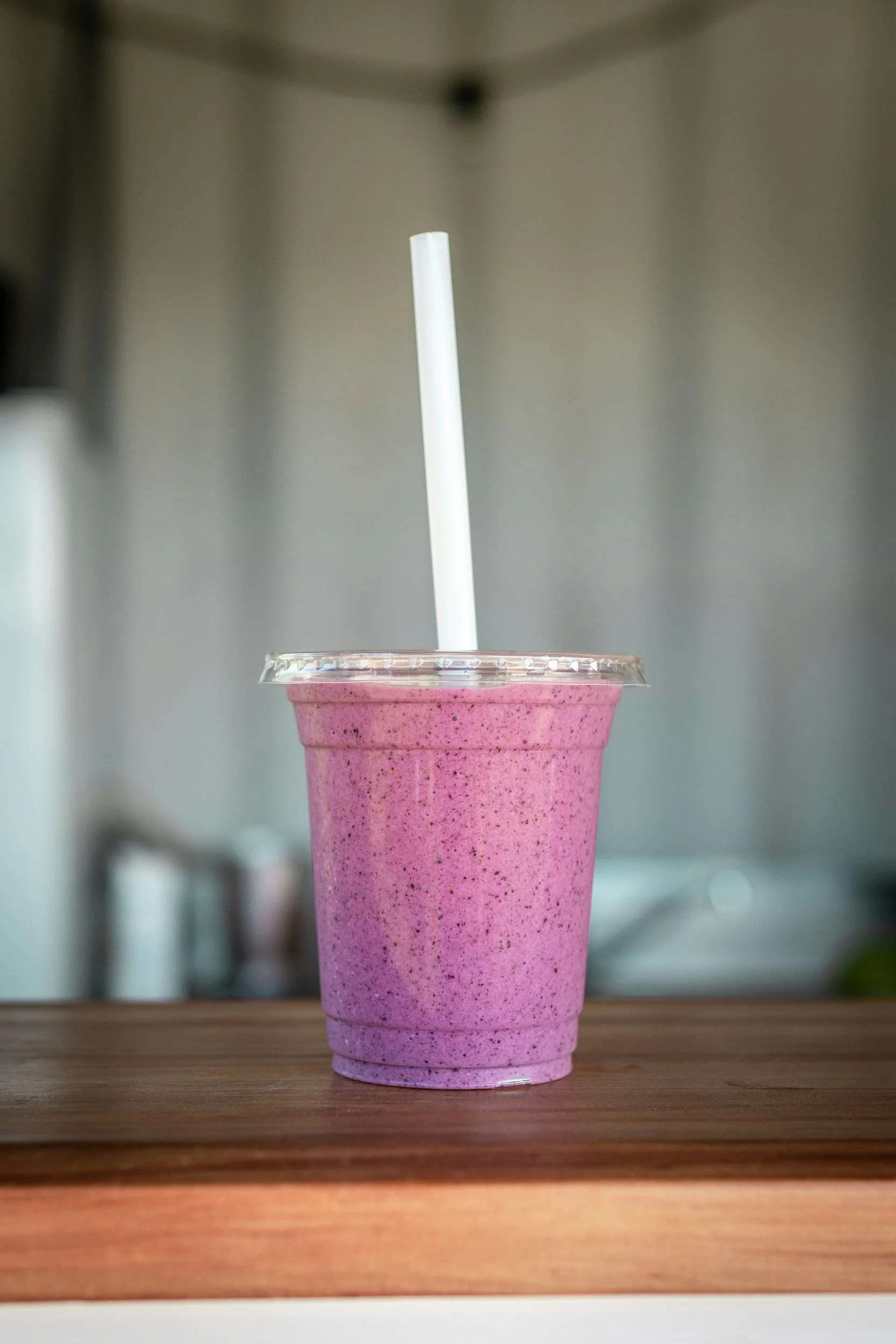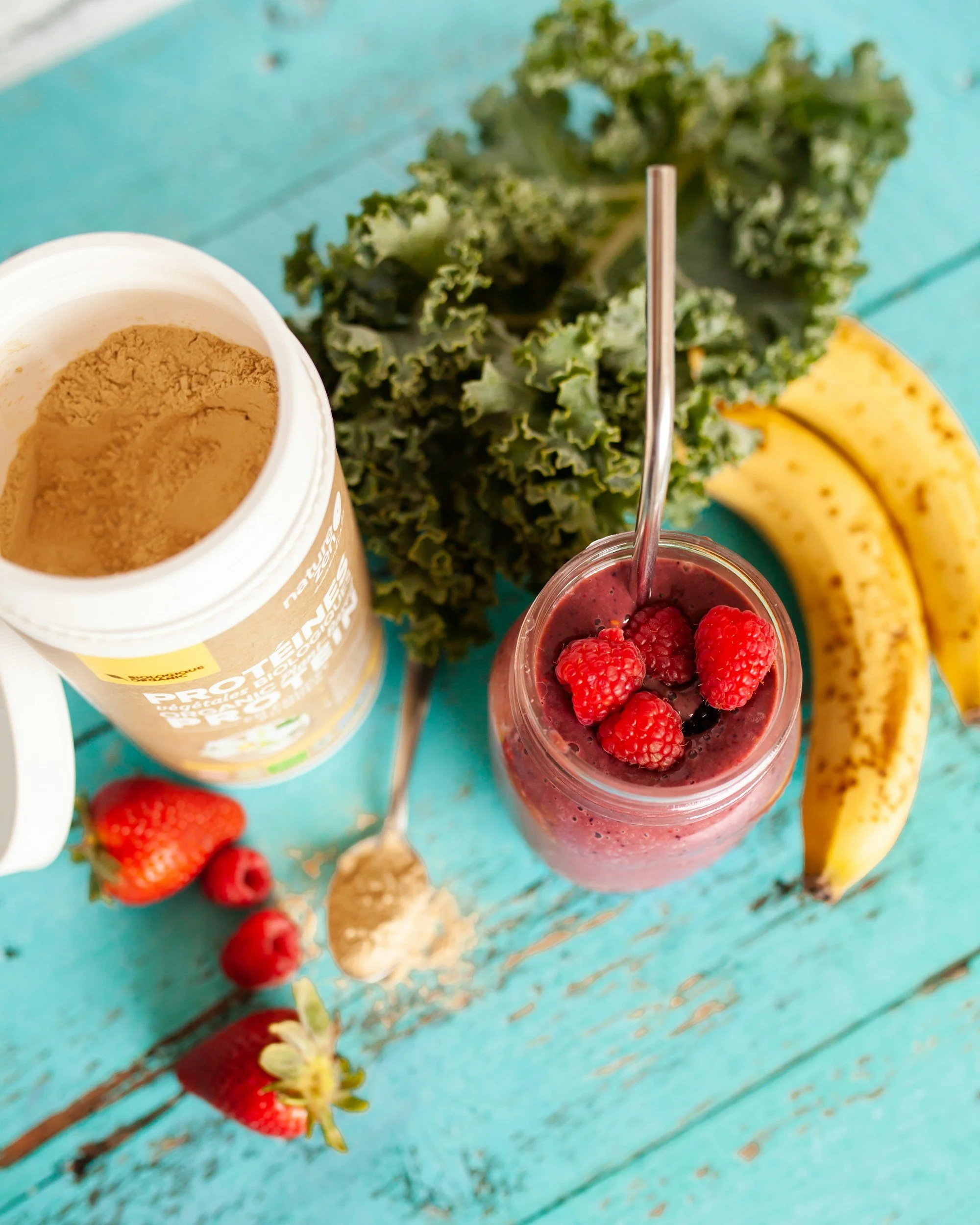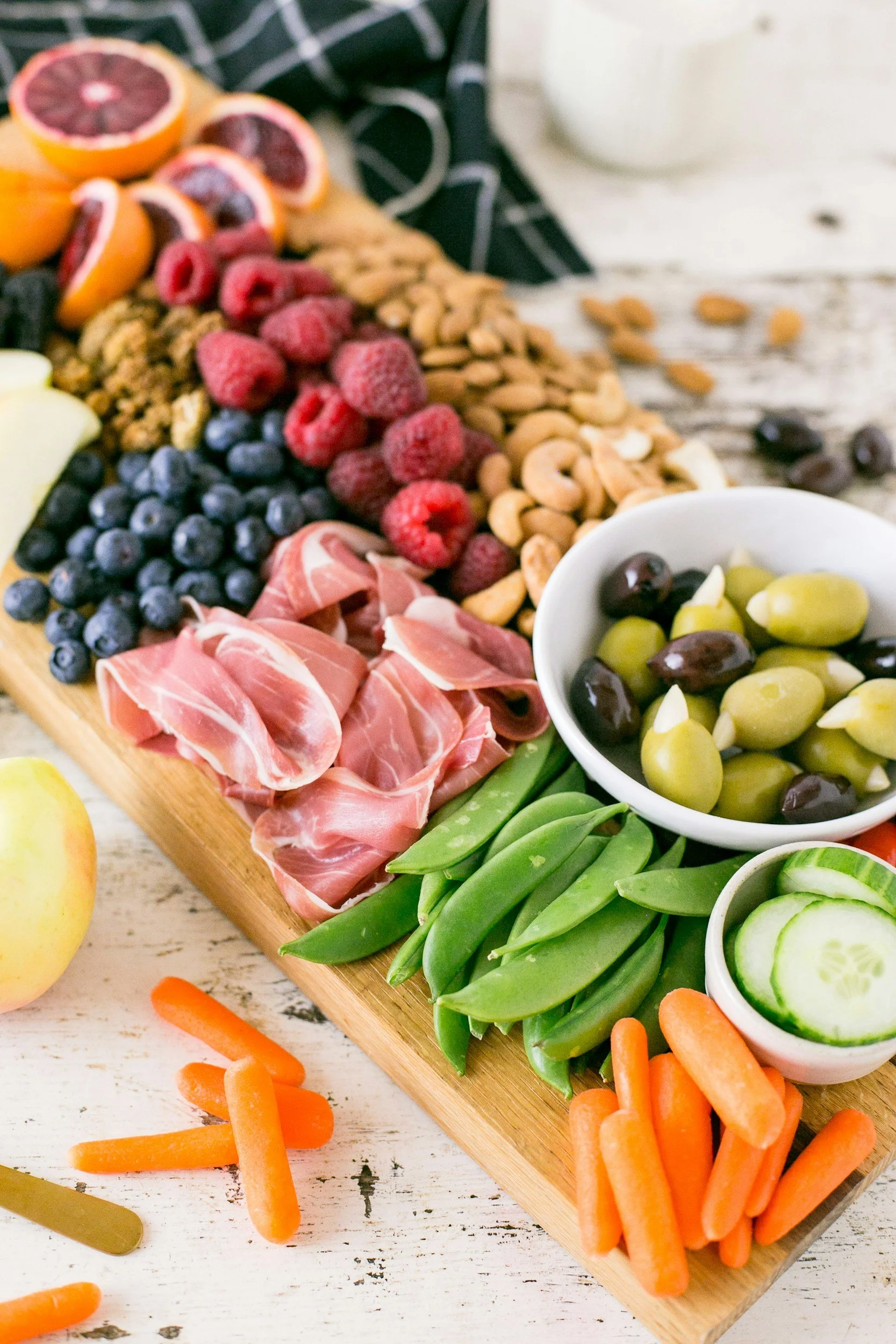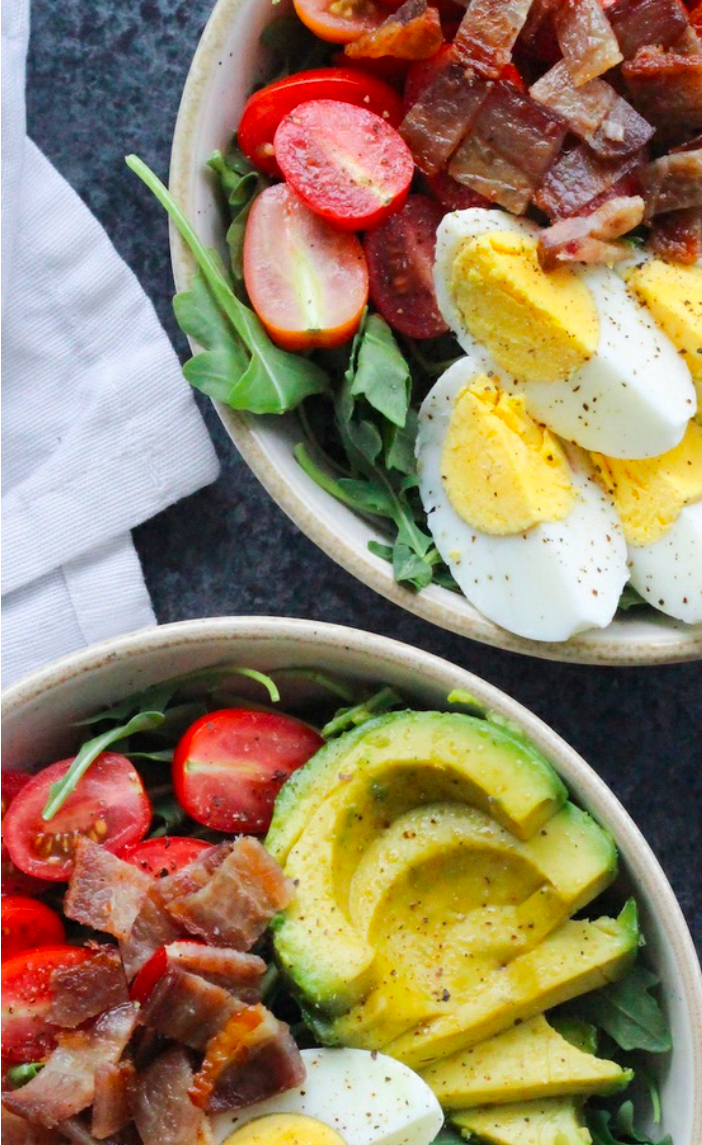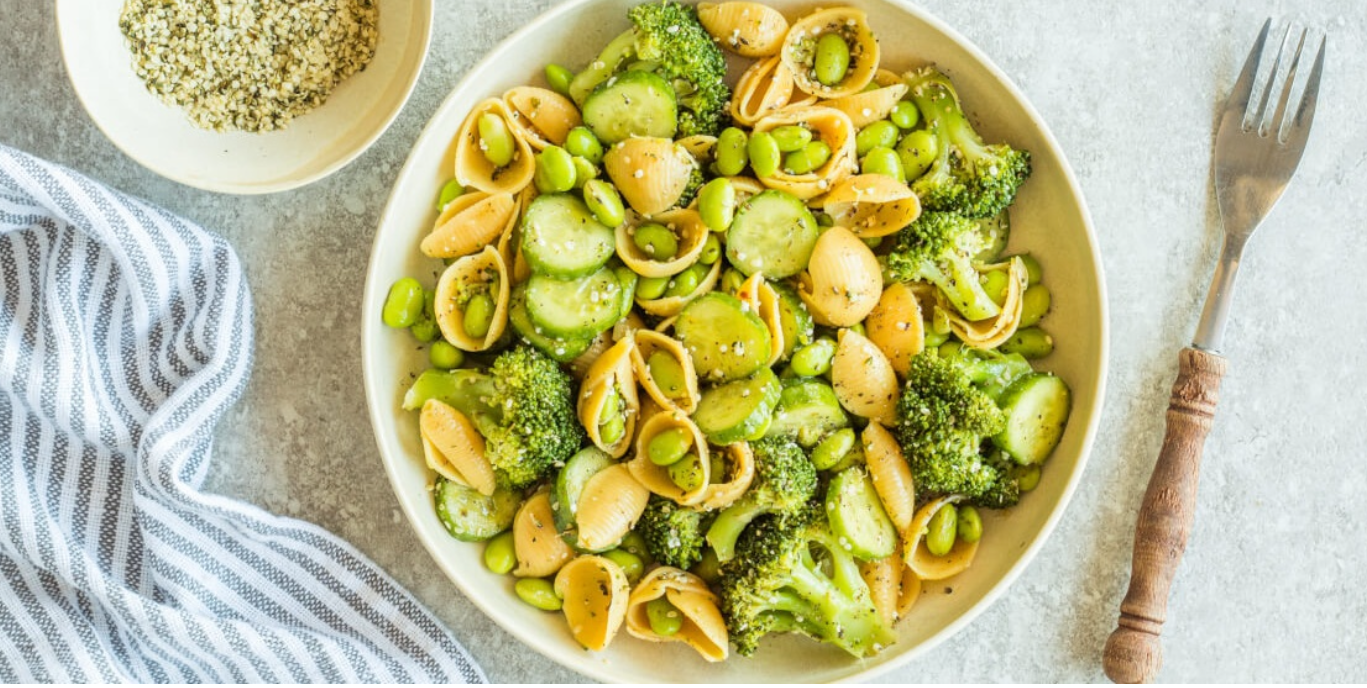7 Simple Tips For Plant Based Eating
/Plant-Based Eating Tips for a Healthier, Vibrant Lifestyle
Plant-based eating has grown immensely in popularity over the last decade, and for good reason! Focusing on plants brings an array of health benefits, from essential vitamins and minerals to fiber, antioxidants, and heart-healthy fats. Whether your goal is to improve your health, explore a new way of eating, or align with ethical and environmental values, incorporating more plant-based meals into your routine can be incredibly rewarding.
At our wellness retreats and through coaching, we've seen a growing interest in plant-based eating. Many people are looking for ways to incorporate more plants into their diet—whether it's a small shift or a complete lifestyle overhaul. Wherever you are on this journey, here are some essential tips to help you thrive.
Understanding the Spectrum of Plant-Based Eating
Plant-based eating isn’t a one-size-fits-all approach. It can range from reducing meat intake while emphasizing more plant foods to completely avoiding all animal products. Common variations include:
Flexitarian: Eating mostly plants but occasionally including meat or fish.
Vegetarian: Avoiding meat but including dairy, eggs, or both.
Vegan: Excluding all animal products entirely.
No matter where you land, a well-rounded plant-based diet can deliver numerous benefits when approached with balance and planning.
7 Practical Tips for Plant-Based Success
1. Be Mindful of Key Nutrients
Certain nutrients can be more challenging to obtain without animal products. Pay attention to the following:
Vitamin B12: Found primarily in animal products, B12 is critical for energy and nerve function. Consider a B12 supplement or fortified foods like nutritional yeast or plant-based milks.
Calcium: While greens, tofu, and fortified beverages are great sources, plant compounds may hinder absorption. Ensure regular intake or discuss supplementation with your healthcare provider.
Omega-3s: Plant-based sources like flaxseeds, chia seeds, walnuts, and algae-based supplements can help you meet your needs.
Iron: Plant-based iron (non-heme iron) is less readily absorbed than that from animal sources. Pair iron-rich foods like lentils, spinach, and quinoa with vitamin C-rich foods to boost absorption.
2. Eat When You’re Hungry—But Stay Mindful
Transitioning to a plant-based diet may affect your hunger levels, as plant foods are often less calorie-dense than animal products. Tune into your body’s signals, eat until satisfied (not stuffed), and avoid overeating calorie-dense snacks like nuts, seeds, or processed plant-based treats.
3. Prioritize Protein
Protein is crucial for muscle health, performance, and overall well-being. Incorporate plant-based proteins like beans, lentils, tofu, tempeh, seitan, edamame, quinoa, nuts, seeds, and high-quality plant-based protein powders at every meal to stay energized and satiated.
4. Add Color for Variety and Nutrition
A colorful plate isn’t just beautiful—it’s nutritious! Each hue represents different vitamins, minerals, and phytonutrients. Aim for a rainbow of vegetables and fruits to ensure a wide nutrient profile while reaping the alkaline benefits that promote bone health and muscle preservation.
5. Focus on Whole, Unprocessed Foods
While plant-based cookies, chips, and meat substitutes are convenient, they’re often heavily processed and lack the benefits of whole foods. Opt for fresh vegetables, fruits, legumes, whole grains, nuts, and seeds as your staples to maximize health benefits and minimize additives.
6. Plan Ahead for Success
Meal prep is your best friend when it comes to plant-based eating. Prepping vegetables, grains, and proteins in advance can make it easier to assemble balanced meals and avoid reaching for less healthy options. Try planning your meals for the week and stocking up on plant-based essentials.
You may not want to plan ahead for an entire week and that’s ok. Thinking through and having a plan for the day ahead is an equally important tool. No matter what, having structure is typically beneficial until we’re in a groove.
7. Experiment and Get Creative
Plant-based eating doesn’t have to feel restrictive or repetitive. Explore new recipes, cuisines, and cooking techniques. From hearty stews to vibrant grain bowls, the possibilities are endless. Have fun discovering your favorites while keeping your meals exciting and nutrient-dense.
More To Explore
Want to dive deeper? Here are a few resources to keep the momentum going:
📌 Related Posts
✓ Done-for-You Guides
50 Vegetarian Meals → quick one-liner benefit
The Weight Loss Mindset → complete program to reset mind + metabolism
The Wellness Shop → Our curated selection of recipe bundles, nutrition programs, movement & mindset
Say Hello To A Different Approach To Weight Loss
Where mindset and metabolism work together to create change that actually lasts.
Includes:
Metabolism + The Health First Approach to Weight Loss
Mindset Matters + 3-I Framework
Biofeedback & The 4P’s: Customize for Your Body & Your Lifestyle
Mindful Eating: Tools & Strategies
Meal Plans & Recipes (over 650 recipes): Mediterranean, High Protein + Vegetarian Recipes + Meal Plans as well as Gut Health, Brain Health, Sugar Free + More
Mindset & Visualization Tools: Meditation Library for Weight Loss & Wellness, Journal Prompts & Reflections
12 Weeks of Guided Action Steps for Mind + Metabolism - Real change requires practice. You’re set up for success with a guided plan!
Get The Weight Loss Mindset Today!
